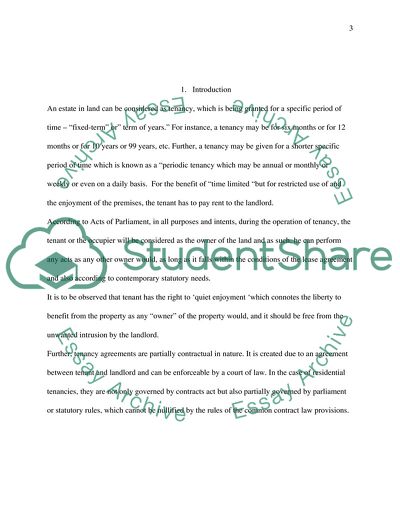Cite this document
(Rights and Duties of Landlords and Tenants Under UK Laws Research Paper, n.d.)
Rights and Duties of Landlords and Tenants Under UK Laws Research Paper. Retrieved from https://studentshare.org/law/1734455-housing-law-question-as-attached
Rights and Duties of Landlords and Tenants Under UK Laws Research Paper. Retrieved from https://studentshare.org/law/1734455-housing-law-question-as-attached
(Rights and Duties of Landlords and Tenants Under UK Laws Research Paper)
Rights and Duties of Landlords and Tenants Under UK Laws Research Paper. https://studentshare.org/law/1734455-housing-law-question-as-attached.
Rights and Duties of Landlords and Tenants Under UK Laws Research Paper. https://studentshare.org/law/1734455-housing-law-question-as-attached.
“Rights and Duties of Landlords and Tenants Under UK Laws Research Paper”, n.d. https://studentshare.org/law/1734455-housing-law-question-as-attached.


